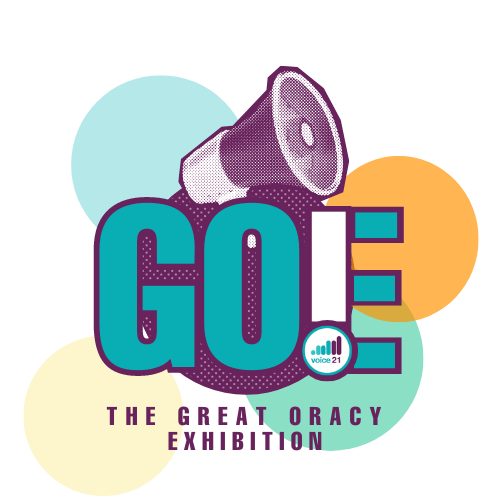Meet our Headline Sponsor
Oxford University Press
%20(2).jpg?width=3000&height=1056&name=OUP%2BBlue%2BCombined%2BLogo%20(1)%20(2).jpg)
Oxford University Press (OUP) are delighted to be sponsoring this year’s Great Oracy Exhibition. Like Voice 21, we passionately believe in the power of talk and oracy to foster deeper learning and in particular, to empower disadvantaged pupils. We hope you will be inspired by what you see at the event and will take home lots of great ideas and tips that you can use straight away in the classroom.
Maths and Oracy
OUP have been working closely with Voice 21 over the past year looking at ways we can create quality, impactful resources together. We are proud to share a set of free maths benchmarks that show how schools can apply oracy principles specifically to maths. We are sure that this subject-specific approach is something that will benefit learners and support teachers to create a genuinely talk-rich learning environment in a subject not always associated with ‘talk’.
The Talk for Maths benchmarks give practical tips and examples for schools to use straight
away, focusing on five key areas.
- Ensuring talk is planned for regularly.
- Using manipulatives and visual representations as a vehicle for talk
- Developing learner identity around ‘what it means to be a mathematician’ through talk
- Harnessing the power of teaching the right words at the right time – maths vocabulary
- Embracing uncertainty as a key principle to encourage exploration and pattern spotting
Find the Talk for Maths Benchmarks along with some great classroom footage that models all of the principles, here.
Harness talk in maths classrooms with a free downloadable copy of the Oxford Vocabulary Framework for Maths. The Oxford Vocabulary Framework is a research-based vocabulary progression that highlights words that are most commonly encountered in the classroom.
All Oxford’s primary maths products are built with oracy principles in mind and so provide the perfect source of questions to support your day-to-day delivery of maths. Talk tasks, sentence stems and of course, the right vocabulary to support conceptual understanding, are all integral to our resources. They are the perfect way to ensure that opportunities for talk and developing oracy skills are being maximised in every lesson. And we know this because we have been trialling and researching all of this hand in hand with schools and MAT partners
Vocabulary and Oracy
Vocabulary is a key part of oracy. As the home of children’s language, Oxford University Press has a deep understanding of the role vocabulary can play in children’s oracy development, across all subjects and key stages. There has been a lot of conversation nationally over the last few years about the impact that a limited vocabulary is having on our children. Oxford has conducted extensive research in this area with the aim of supporting schools, teachers and parents to equip young people with the powerful vocabulary they need to succeed at school and beyond. The Oxford Language report 2021–22, How Schools are Closing the Word Gap, features nine case studies from primary and secondary schools and is packed with ideas: from oracy assemblies and oracy-rich lessons, to teaching vocabulary across all subjects.
Take a look:
https://global.oup.com/education/content/dictionaries/key-issues/word-gap/?region=uk
